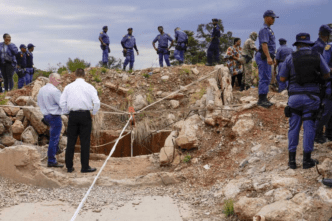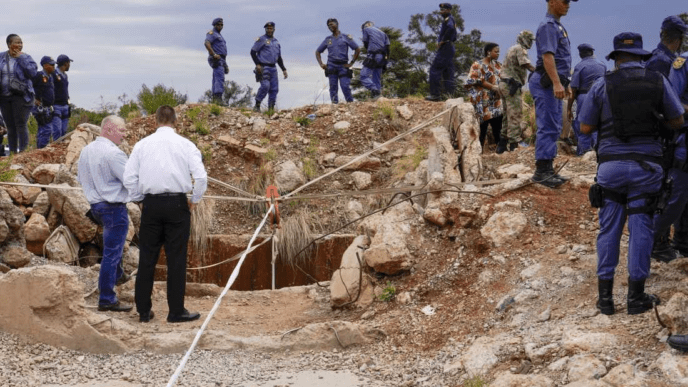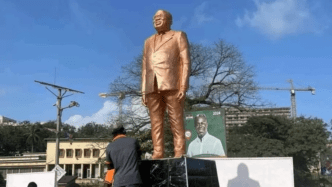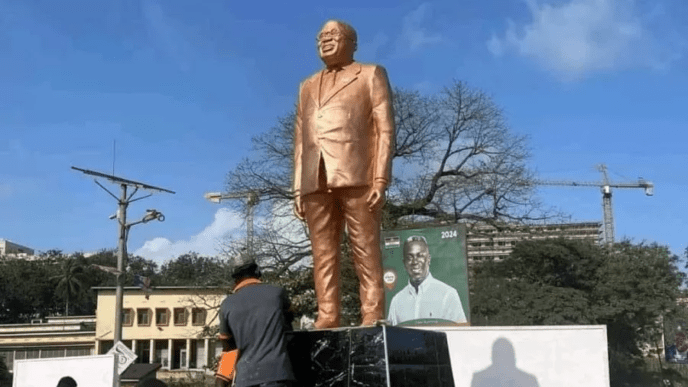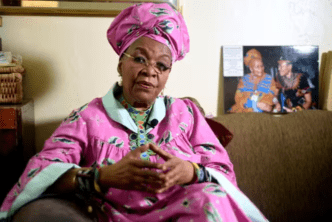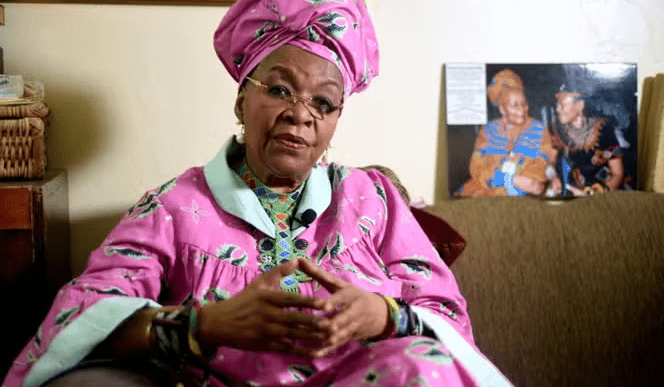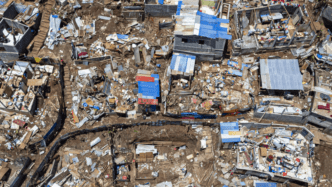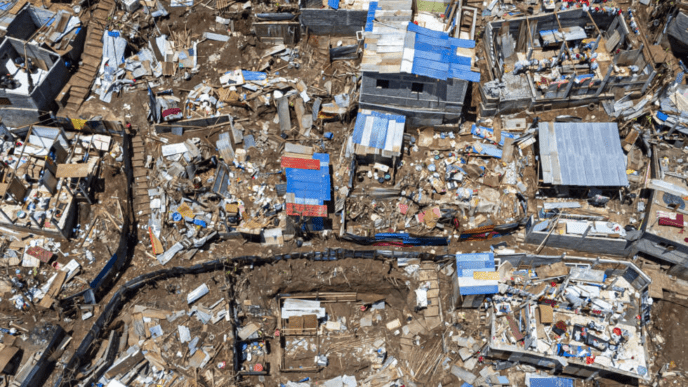Mali’s government has seized three tons of gold from the Canadian mining company Barrick, escalating a legal battle over revenue owed to the West African nation.
The gold, valued at $180 million, was confiscated as part of an ongoing dispute that has intensified since the military government took power in 2020.
Legal Tensions Escalate
In a letter dated Monday, Barrick CEO Mark Bristow informed Mali’s Mining Minister that the company is awaiting confirmation of the gold’s receipt by the Malian Solidarity Bank, a government entity.
This action follows a warning issued earlier in the month by senior Malian judge Boubacar Moussa Diarra, notifying Barrick of the impending seizure.
A senior Barrick manager confirmed the seizure, stating the gold was transported from a mine near Kayes in western Mali to the capital, Bamako, using trucks and planes over the weekend.
The manager, speaking anonymously, noted that the dispute stems from revenues the government claims the company owes. Mali’s authorities have not provided a public response to the incident.
Broader Mining Pressure
Mali, one of Africa’s top gold producers, has faced increased financial strain due to ongoing security challenges and widespread poverty. The military government has been tightening its control over foreign mining companies to secure more revenue for state coffers.
In December, Malian authorities issued an arrest warrant for Barrick’s CEO, alleging money laundering, and ordered the seizure of the company’s gold reserves. Barrick has offered to pay $370 million in a bid to resolve the matter, but tensions persist.
Precedents of Disputes
This is not the first time Mali’s military government has acted against foreign mining companies. In November, the CEO of Australian company Resolute Mining and two of its employees were detained in Bamako over a tax dispute. They were released after Resolute agreed to pay $160 million in settlements.
With its vast gold reserves and ongoing governance challenges, Mali continues to be a focal point of disputes between the government and international mining corporations.
The situation has left many in the industry questioning the future of foreign investment in the country.
Read More:








